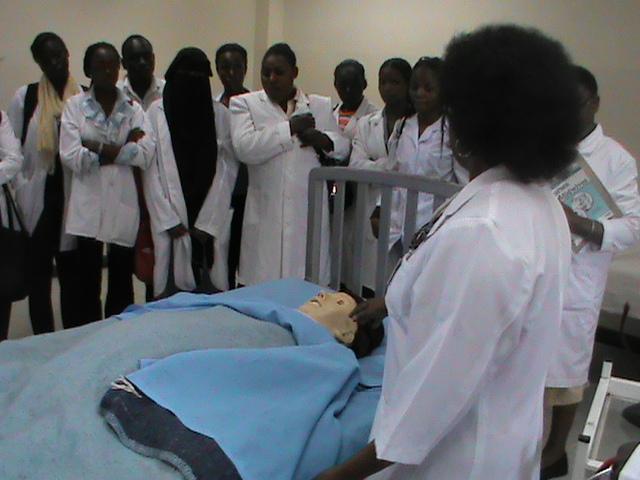UW researchers contributed to a special supplement in the August issue of Academic Medicine, the journal of the Association of American Medical Colleges, about the work of the Medical Education Partnership Initiative (MEPI), a U.S.-funded program to strengthen health systems in Sub-Saharan Africa.
Sub-Saharan Africa suffers 25 percent of the global burden of disease but has only three percent of the world’s health care workers. This continental problem is not news to Africans but recent reports from the World Health Organization and others have brought this challenge to global attention. In 2010, the U.S. President’s Emergency Plan for AIDS Relief (PEPFAR) launched MEPI in an effort to help address this crisis in regard to medicine. MEPI is funding 13 medical schools in 12 African countries to help increase the quality, quantity and retention of medical school graduates. The UW is partnering with the University of Nairobi.
This supplement speaks to special circumstances of medical education in Africa and addresses many crosscutting topical, global themes in medical education. It includes 33 articles with 225 authors from all the 13 MEPI-sponsored medical schools and many partner schools in Africa and the United States.
The article,“Expanding Clinical Medical Training Opportunities at the University of Nairobi: Adapting a Regional Medical Education Model from the WWAMI Program at the University of Washington,” was written by Mara J. Child, James N. Kiarie, Suzanne M. Allen, Ruth Nduati, Judith N. Wasserheit, Minnie W. Kibore, Grace John-Stewart, Francis J. Njiri, Gabrielle O’Malley, Raphael Kinuthia,Tom E. Norris, and Carey Farquhar.
